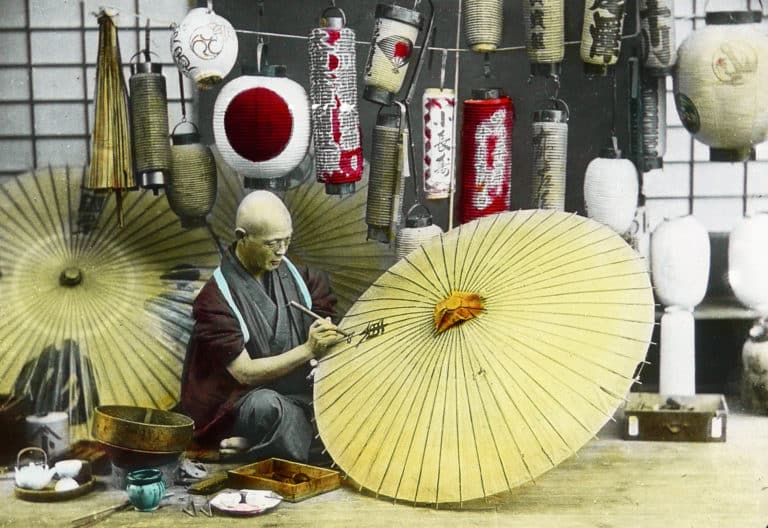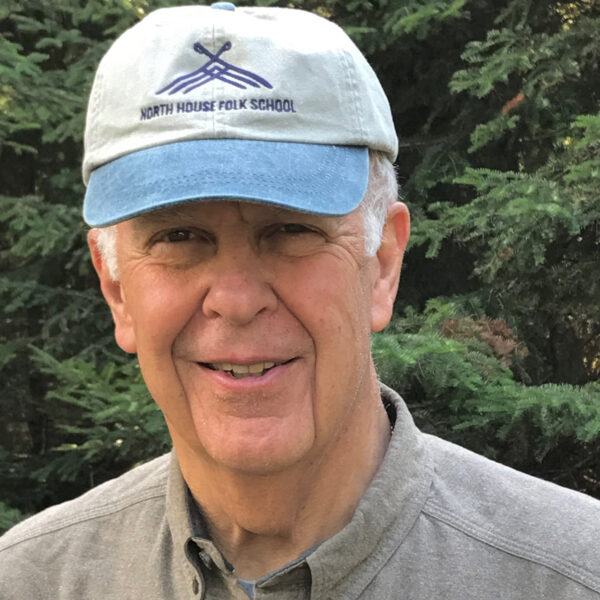
Image by Nobukuni Enami/Flickr, Attribution-NonCommercial-NoDerivs.
From Language to Life
Most of us have a metaphor, conscious or not, that names our experience of life. Animated by the imagination, one of the most vital powers we possess, our metaphors are more than mirrors to reality — they often become reality, transmuting themselves from language into the living of our lives.
I know people who say, “Life is like a game of chance — some win, some lose.” But that metaphor can create a fatalism about losing or an obsession with beating the odds. I know other people who say, “Life is like a battlefield — you get the enemy, or the enemy gets you.” But that metaphor can result in enemies around every corner and a constant sense of siege. We do well to choose our metaphors wisely.
“Seasons” is a wise metaphor for the movement of life, I think. It suggests that life is neither a battlefield nor a game of chance but something infinitely richer, more promising, more real. The notion that our lives are like the eternal cycle of the seasons does not deny the struggle or the joy, the loss or the gain, the darkness or the light, but encourages us to embrace it all — and to find in all of it opportunities for growth.
If we lived close to nature in an agricultural society, the seasons as metaphor and fact would continually frame our lives. But the master metaphor of our era does not come from agriculture — it comes from manufacturing. We do not believe that we “grow” our lives — we believe that we “make” them. Just listen to how we use the word in everyday speech: we make time, make friends, make meaning, make money, make a living, make love.
Alan Watts observed that a Chinese child will ask, “How does a baby grow? ” but an American child will ask, “How do you make a baby?” From an early age we absorb our culture’s arrogant conviction that we manufacture everything, reducing the world to mere “raw material” that lacks all value until we impose our designs and labor on it.
If we accept the notion that our lives are dependent on an inexorable cycle of seasons, on a play of powers that we can conspire with but never control, we run headlong into a culture which insists, against all evidence, that we can make whatever kind of life we want, whenever we want it. Deeper still, we run headlong into our own egos, which want desperately to believe that we are always in charge.
We need places where people come to challenge and reform the distortions of both culture and ego — reform them toward ways of thinking and doing and being that are rooted in respect for the living ecology of life. Unlike “raw material” on which we make all the demands, this ecology makes demands on us even as it sustains our lives. We are here not only to transform the world but also to be transformed.
Transformation is difficult, so it is good to know that there is comfort as well as challenge in the metaphor of life as a cycle of seasons. Illumined by that image, we see that we are not alone in the universe. We are participants in a vast communion of being, and if we open ourselves to its guidance, we can learn anew how to live in this great and gracious community of truth. We can, and we must — if we want our sciences to be humane, our institutions to be sustaining, our healings to be deep, our lives to be true.

